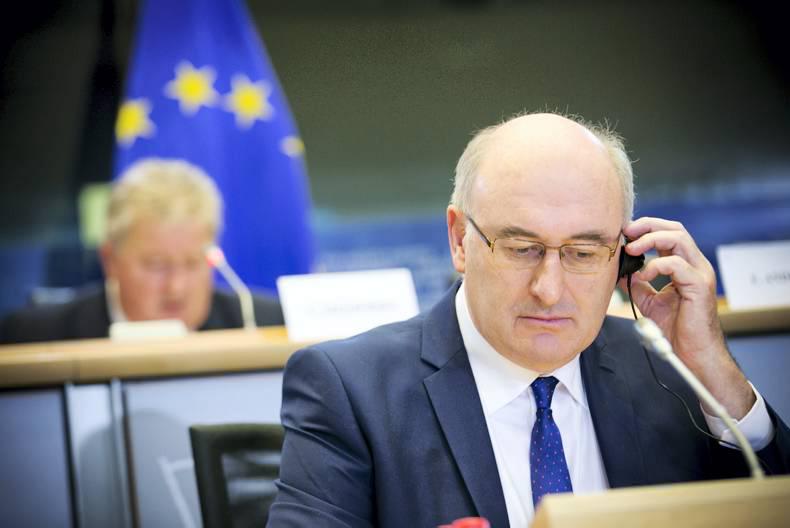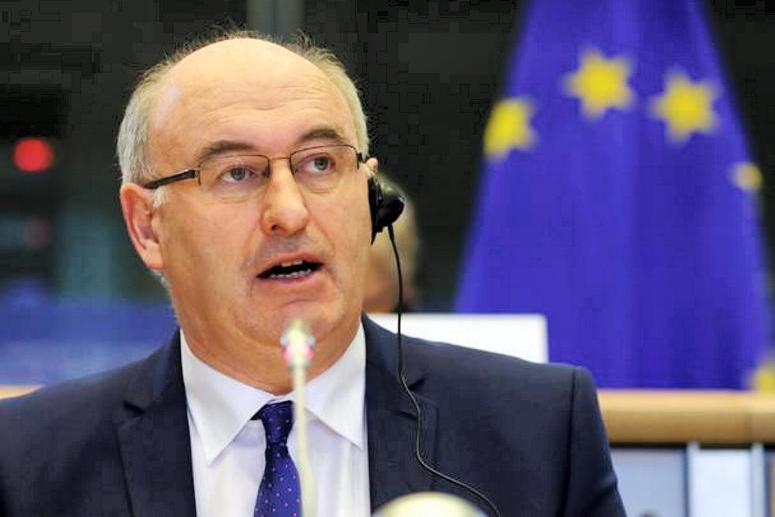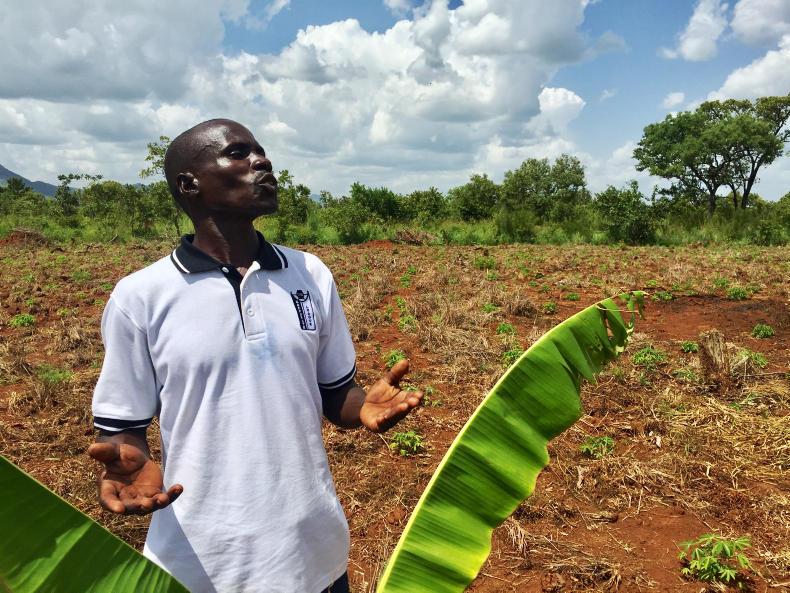The US is responsible for delaying the conclusion of TTIP negotiations due to the country's preoccupation with finishing negotiations on the Trans-Pacific Partnership (TPP).
So commented EU Commissioner for Agriculture and Rural Affairs Phil Hogan this week.
The Commissioner said there has been "very little engagement of a serious nature" by the American administration with the EU over the past 18 months on TTIP due to its preoccupation with finishing negotiations on a trade agreemement with trans-Pacific countries. He said there should be a conclusion on TPP within the next two weeks, after which the Americans will return to the table.
Earlier this month EU ambassador to the US David O’Sullivan predicted it would take at best until the middle of next year to conclude the TTIP, with the worst case scenario being the end of 2017. However, the ambassador cited the preoccupation of the administration with the scheduled US presidential election in November 2016 as the reason for the possible delay.
The TTIP has been a source of controversy in Ireland's agricultural sector ever since the publication of the Copenhagen Economics report in March, which predicted that Irish beef output could contract by as much as €50m were it to be approved. An influx of American beef cuts into the European market was the main reason given for the prediction.
However, the report showed better outcomes for other Irish food sectors, mainly for dairy, and speaking at the National Ploughing Championships in Ratheniska, Co Laois this week, the Commissioner maintained that TTIP was "positive" for Ireland.
"Ireland is not afraid of trade," he said. "Some 90% of our products are exported, in the agricultural area in particular, and Ireland thrives on trade. Trade creates jobs, and exports create jobs and we see the benefit of that in agriculture."
Europe looking for something from the US
He added that rather than the Americans looking for something from Europe in return for the deal, Europe would be looking for something from the US.
"We have already made a very generous market access offer and we would be looking for them to come to the table to see what they are going to do for us", he said. "That's the state of play at the moment and there will be another session in the negotiations in three weeks time."
That the negotiating ball is in Europe's court should be a help to Minister for Agriculture Simon Coveney. The minister is pushing for high-quality manufacturing beef to gain access to the US alongside the premium cuts that have been trickling into the country ever since the market re-opened to Irish beef in December last year.
Concerns
As for trade going the other way, concerns the US would export hormone-treated beef and genetically modified food products into Europe under the terms of the trade deal have been repeatedly dismissed by both the EU Trade Commissioner Cecilia Malmström and our own Minister for Jobs Richard Bruton.
However, fears remain that the absence of a tagging, traceability and movement control system in the US means the country cannot provide guarantees on origin or that the animals have come from a hormone free herd.
Poll
The results of a recent Macra na Feirme young farmer poll show that a total of 54% of respondents think a trade deal between the EU and the US would be beneficial for Irish agriculture while some 17% view a trade agreement as “bad" for Irish agriculture.
TTIP
Negotiations on TTIP with the US were formally launched by the EU Trade Council on 14 June 2013. The aim of the negotiations is to increase trade and investment between the EU and the US through the elimination of duties and other restrictions for trade in goods. The tenth round in the negotiations took place in July this year and more details on the outlook for agriculture formed from this session can be found here.








SHARING OPTIONS